Why is E-Recycling Different Than Recycling?
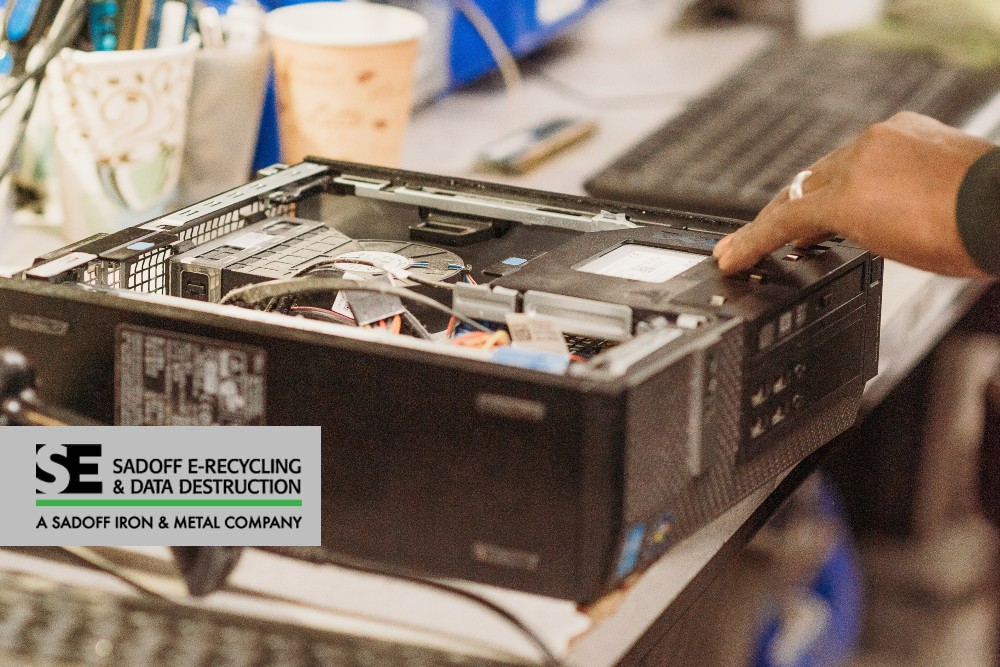 11
11 May
You’ve definitely heard of recycling, but have you heard of e-recycling. If you haven’t before, you have now. Why is e-recycling different than recycling? Sadoff E-Recycling & Data Destruction are experts in the field, and we can provide answers and more important context.
We were all taught that it’s important to recycle, but often people miss the point of recycling in all its forms. Before we go into the specifics of e-recycling, let’s explore what recycling actually is and why it’s so important to our world right now.
Why is it Important to Recycle?
Unless you are lucky enough to live in an area that composts, you likely have two bins a garbage bin and a recycling bin. Every time you throw something in one of those bins, you are actually making a decision on where those items should end up. Items thrown in the garbage bin will most likely end up in a landfill or a waste to an energy plant. Ideally, for the least amount of environmental impact, everything that ends up in a grange can be bio-degradable.
What Can You Recycle at Home?
When you put stuff in a recycling bin, it goes to a recycling center. A community recycling center is typically equipped to handle the following:
- Most Metal Containers
- Glass
- Carboard
- Paper
- Plastic Bottles
Not all of these items will actually be recycled though. In some cases, contamination may make recycling impossible. In the case of highly-recyclable metal and glass, a recycling center can process the materials and return them back to normal use. The can you use today may have been made from cans you’ve used before. Plastics often get downcycled (turned into another less recyclable product), but even when they don’t we at least avoid adding harmful plastics into normal landfill waste.
You’ll notice that in the list above electronics were not listed. In fact, in many places, including Wisconsin, it is illegal to put electronics in your recycling bin. Not only that, but it’s also illegal to put them in your garbage bin as well.
Why E-Waste Requires Special Recycling Facilities
A recycling center already has to employ a lot of techniques and processes just to recycle the few things that they accept. Everything has to be sorted so that it can properly be processed back into usable goods. The processes for electronics are far more complex.
What Recyclables are in a Circuit Board
Take a look at any circuit board and you might start to understand why. In a circuit board, you can find gold, silver, mercury, copper, zinc, tin, palladium, iron, aluminum, silicon, cobalt, arsenic, platinum, and more. We know, some of those elements are scary, but most can be safely recycled, and all can be kept from harming the environment. However, first, they have to be separated. It is a process far more complex than what recycling centers are equipped to deal with. Not only is it more complex, but it’s also more expensive often with razor-thin margins which can lead to some types of electronics costing a small amount of money to recycle.
Read More: See Our Current Market Prices
The other reason local recycling centers don’t do it is that it’s not a matter of regularity. How often do you throw away electronics? How often does your company? You might go an entire year without ever throwing any electronics away. It’s not uncommon to hold onto electronics even long after they have outlived their usefulness. Don’t let your electronics sit when they could be put back to work. Sadoff E-Recycling & Data Destruction is here to help!
Where to E-Recycle in Wisconsin and Nebraska
In case you didn’t get the hin, Sadoff E-Recycling & Data Destruction is where to help with all your e-recycling needs. Not only can we recycle all your electronics and IT equipment, but we can also destroy your sensitive data with 100% effectiveness. In some cases, we may even be able to remarket your IT assets and make you more money for your old equipment while still ensuring that your data is thoroughly wiped.
Categorized in: E-Recycle
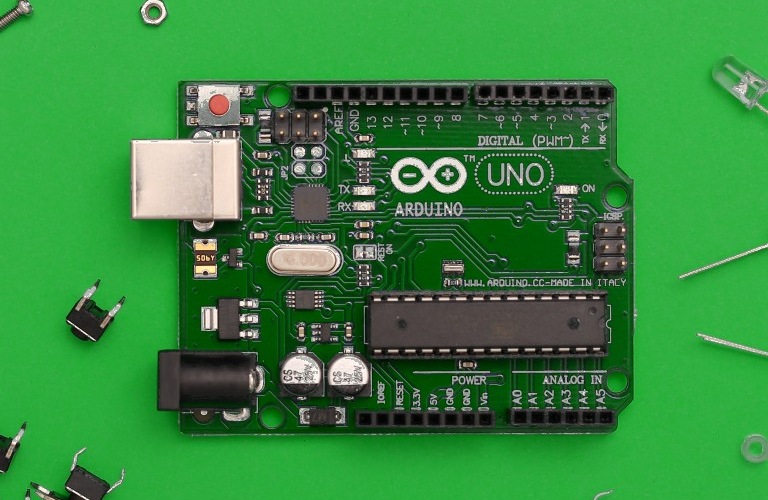



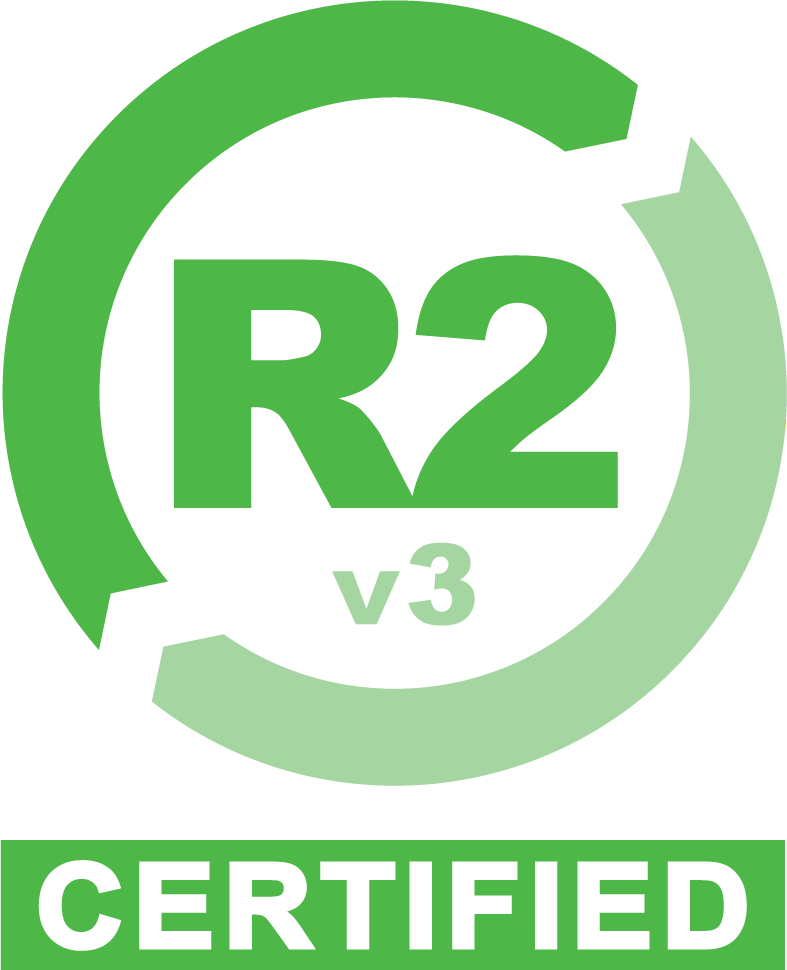
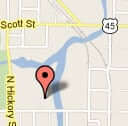 Google map directions
Google map directions
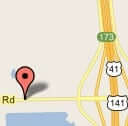 Google map directions
Google map directions
 Google map directions
Google map directions
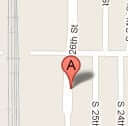 Google map directions
Google map directions
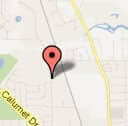 Google map directions
Google map directions
 Google map directions
Google map directions
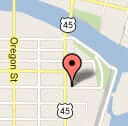 Google map directions
Google map directions